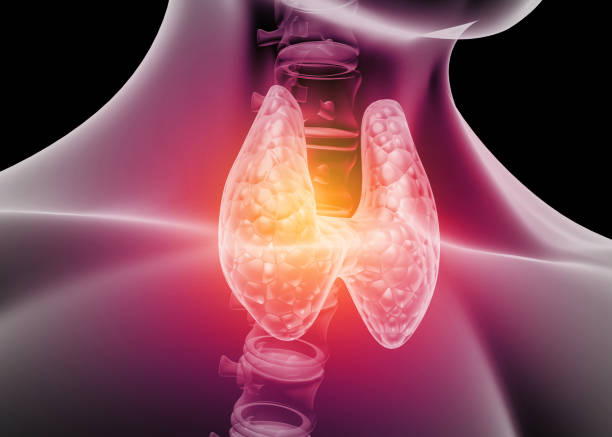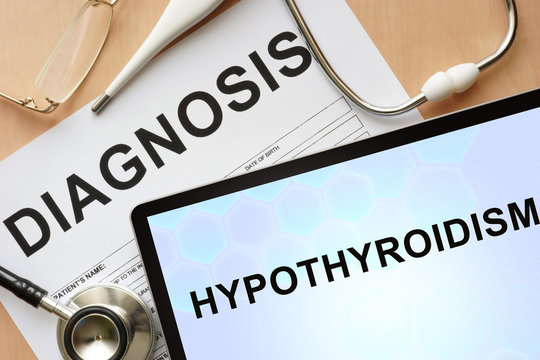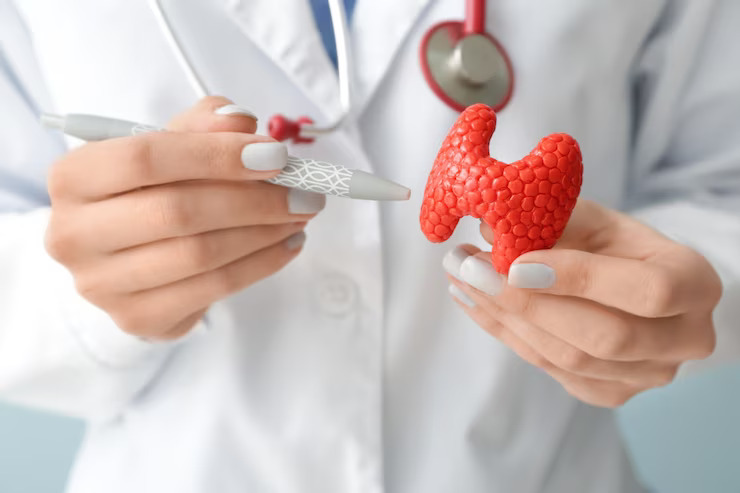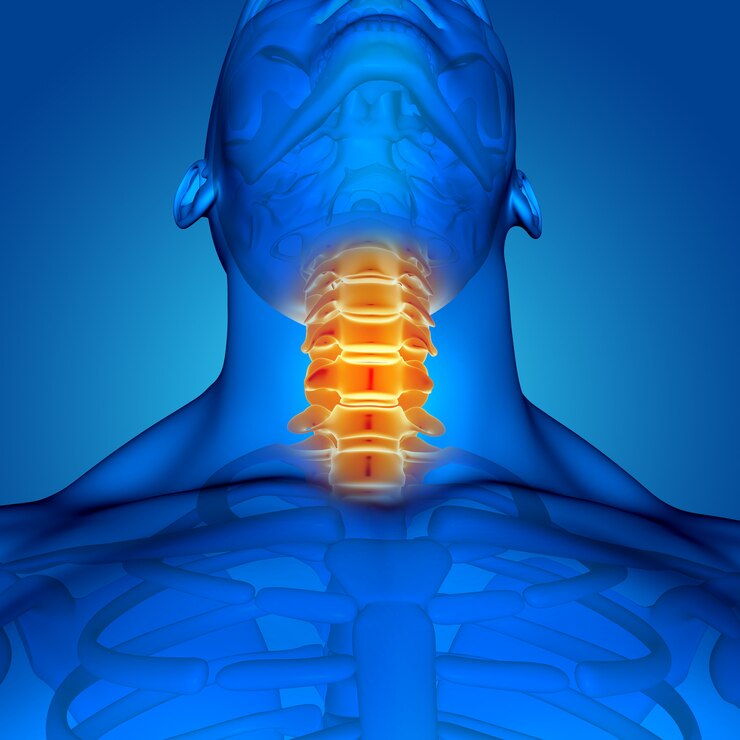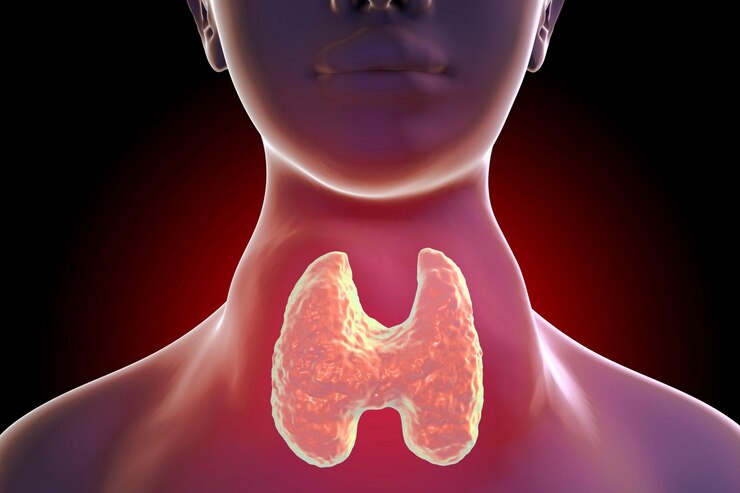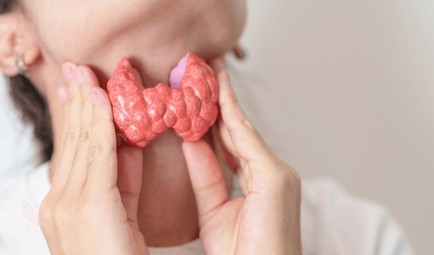Hypothyroidism Symptoms in Females Treatment
Hypothyroidism is a common endocrine disorder characterized by an underactive thyroid gland, which fails to produce sufficient thyroid hormones. This condition affects females more frequently than males, with various symptoms that can significantly impact daily life. Recognizing these symptoms and seeking appropriate treatment is crucial for managing hypothyroidism effectively.
Symptoms of Hypothyroidism in Females
Fatigue and Weakness
One of the hallmark symptoms of hypothyroidism is persistent fatigue and weakness. Individuals may feel lethargic, even after a full night’s sleep, and find it challenging to perform daily tasks.
Weight Gain
Hypothyroidism can lead to unexplained weight gain, despite maintaining a healthy diet and exercise routine. The metabolic slowdown caused by insufficient thyroid hormones contributes to this symptom.
Cold Sensitivity
Hypothyroidism often results in a decreased ability to tolerate cold temperatures. Individuals may feel excessively cold, even in environments that are typically comfortable for others.
Dry Skin and Hair
Reduced thyroid function can result in dry, coarse skin and brittle hair. Additionally, individuals with hypothyroidism may experience hair loss.
Muscle and Joint Pain
Muscle aches and joint pain are common symptoms of hypothyroidism. Individuals may experience stiffness and discomfort, making it challenging to engage in physical activities.
Irregular Menstrual Cycles
Hypothyroidism can affect the menstrual cycle, leading to irregular periods or, in some cases, heavy and prolonged bleeding. Fertility issues may also arise as a consequence.
Depression and Mood Swings
Thyroid hormones play a crucial role in regulating mood, and a deficiency can contribute to feelings of depression and mood swings.
Memory and Cognitive Issues
Some individuals with hypothyroidism may experience difficulties with memory and concentration. These cognitive issues can impact work, studies, and daily functioning.
Treatment Options for Hypothyroidism
Hormone Replacement Therapy
The most common and effective treatment for hypothyroidism is hormone replacement therapy. This involves taking synthetic thyroid hormones, such as levothyroxine, to supplement the deficient hormones and restore normal thyroid function.
Medication Adherence
Proper adherence to prescribed medication is crucial for successful treatment. Patients must take thyroid hormone replacement medications consistently and as directed by their healthcare provider.
Regular Monitoring and Adjustments
Healthcare providers typically monitor thyroid hormone levels through blood tests. Adjustments to medication dosage may be necessary over time to ensure that hormone levels remain within the normal range.
Lifestyle Modifications
Adopting a healthy lifestyle can complement medical treatment. This includes controlling stress levels, eating a healthy diet, and exercising frequently. These lifestyle changes can contribute to overall well-being and help alleviate some symptoms of hypothyroidism.
Nutritional Supplements
Some individuals with hypothyroidism may benefit from nutritional supplements, such as iron and selenium, which play a role in thyroid function. However, it’s essential to consult with a healthcare professional before adding supplements to the treatment regimen.
Management of Other Health Conditions
Addressing and managing other health conditions that may coexist with hypothyroidism, such as diabetes or high cholesterol, is integral to overall treatment success.
In conclusion, recognizing the symptoms of hypothyroidism in females is crucial for early diagnosis and effective management. Timely intervention with hormone replacement therapy, coupled with lifestyle modifications and regular monitoring, can enable individuals with hypothyroidism to lead healthy and fulfilling lives. Seeking guidance from healthcare professionals and maintaining open communication about symptoms and treatment is vital for optimal thyroid health.
For further queries, please visit https://drtanejathyroidclinic.com/

